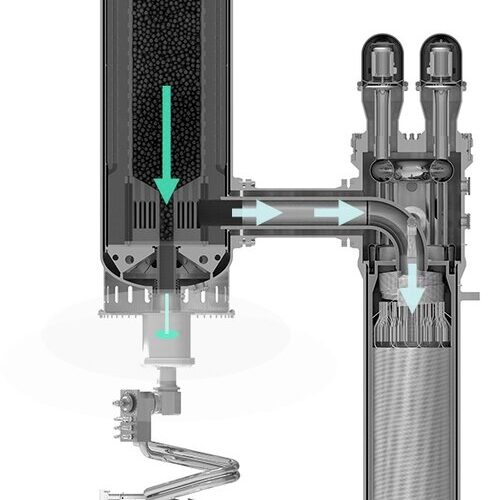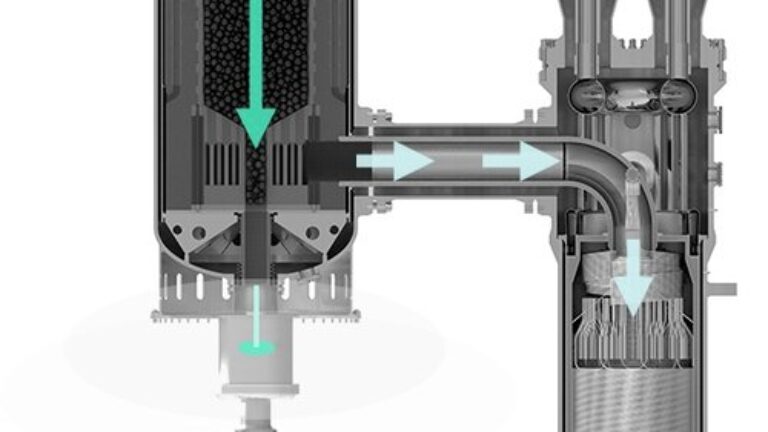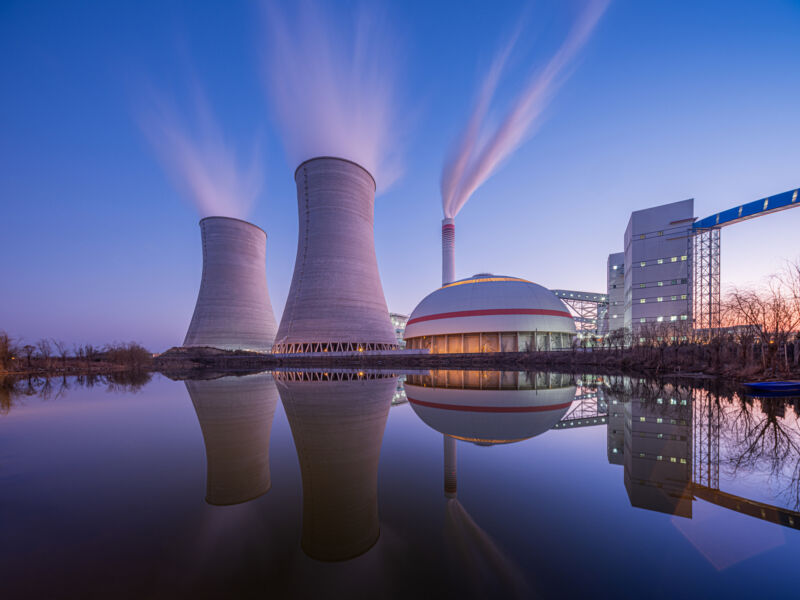Amazon joins Google in investing in small modular nuclear power
On Tuesday, Google announced that it had made a power purchase agreement for electricity generated by a small modular nuclear reactor design that hasn't even received regulatory approval yet. Today, it's Amazon's turn. The company's Amazon Web Services (AWS) group has announced three different investments, including one targeting a different startup that has its own design for small, modular nuclear reactors—one that has not yet received regulatory approval.
Unlike Google's deal, which is a commitment to purchase power should the reactors ever be completed, Amazon will lay out some money upfront as part of the agreements. We'll take a look at the deals and technology that Amazon is backing before analyzing why companies are taking a risk on unproven technologies.
Money for utilities and a startup
Two of Amazon's deals are with utilities that serve areas where it already has a significant data center footprint. One of these is Energy Northwest, which is an energy supplier that sends power to utilities in the Pacific Northwest. Amazon is putting up the money for Energy Northwest to study the feasibility of adding small modular reactors to its Columbia Generating Station, which currently houses a single, large reactor. In return, Amazon will get the right to purchase power from an initial installation of four small modular reactors. The site could potentially support additional reactors, which Energy Northwest would be able to use to meet demands from other users.


© X-energy
